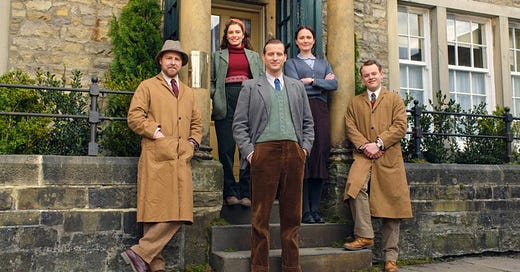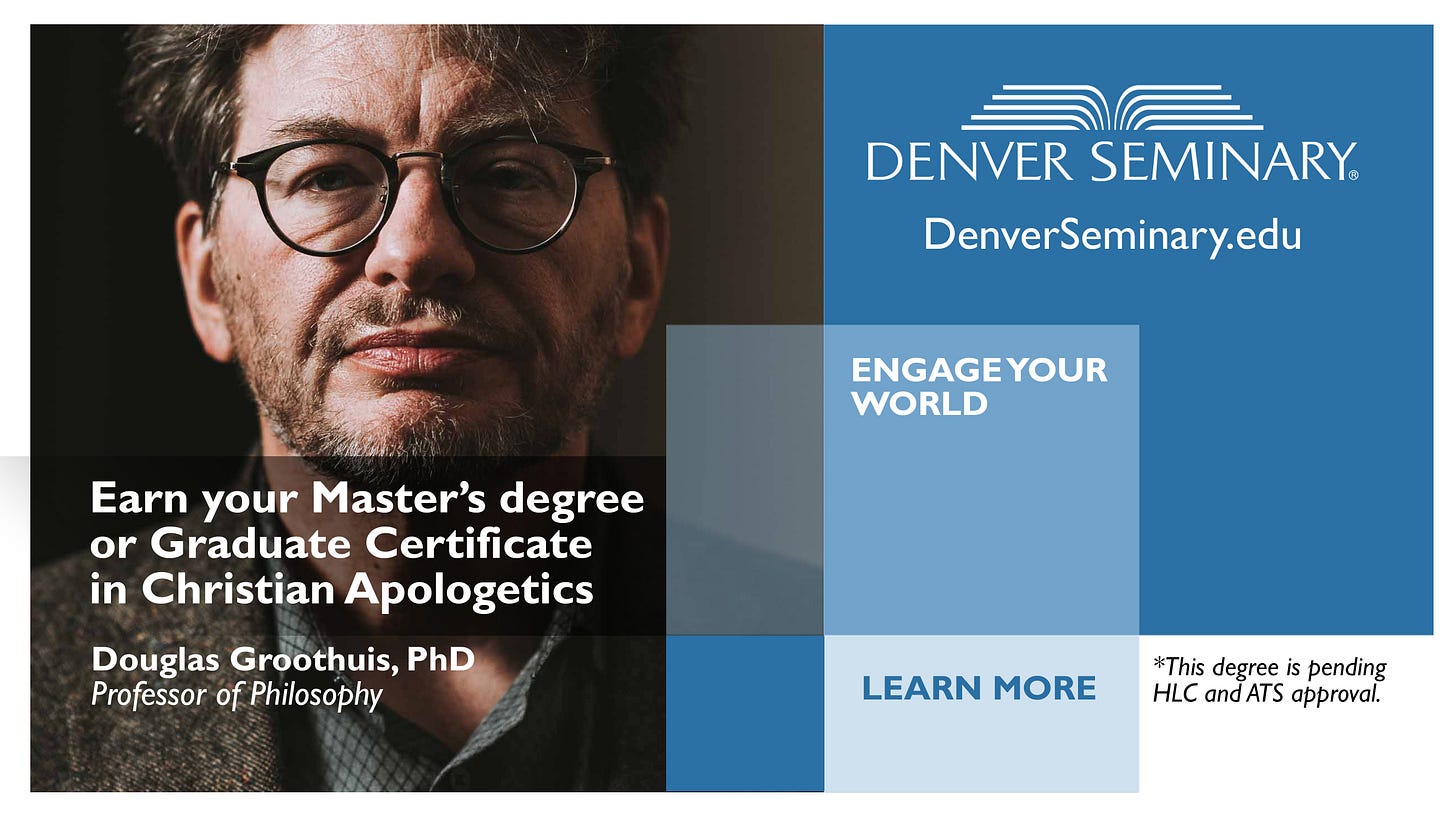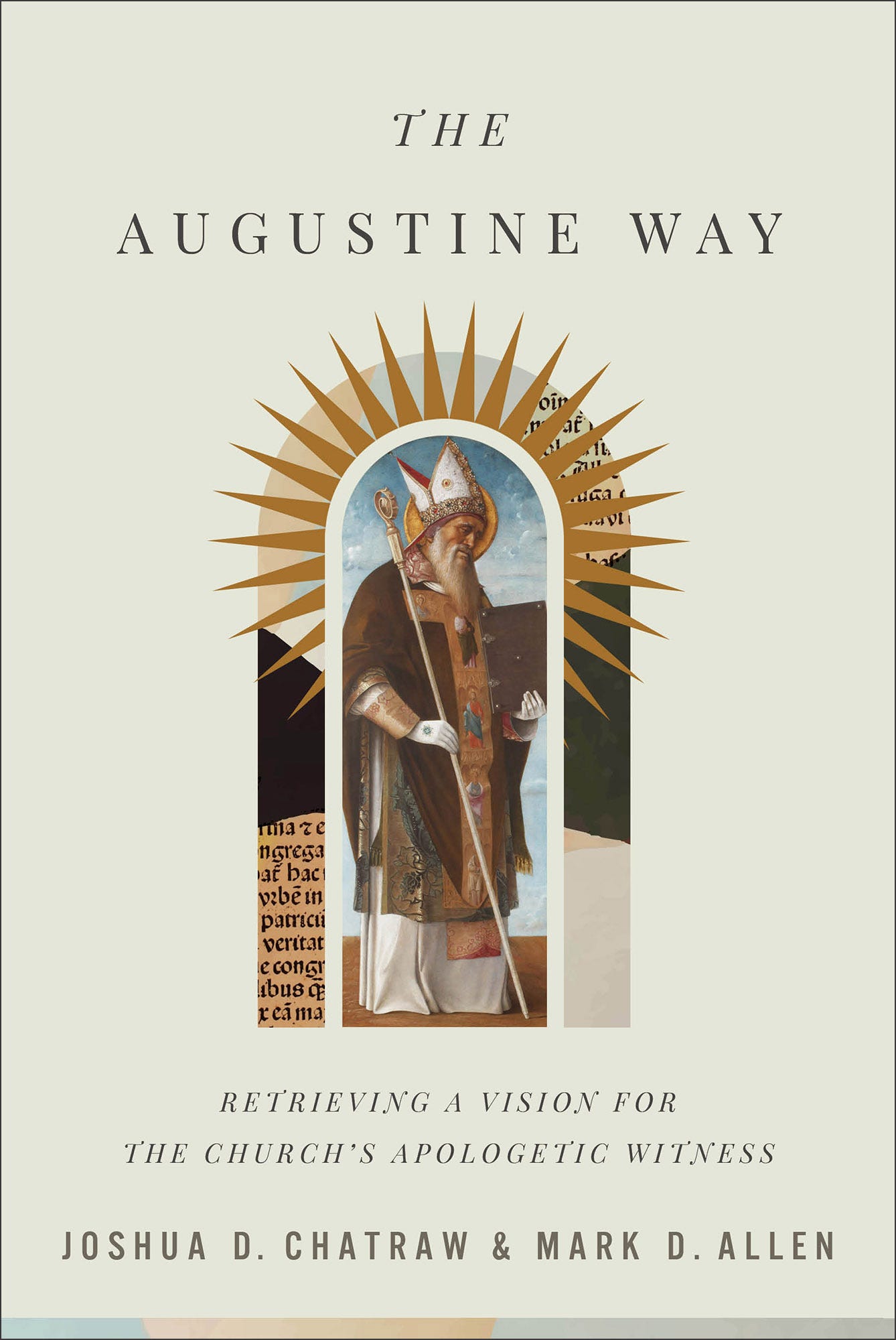Where do we find a few good men? This is the question the recently concluded season 3 of the PBS Masterpiece series All Creatures Great and Small proposes to answer, both for its age and our own. The show is loosely based on James Herriot’s beloved books of the same name, which were in turn based on his real-life experiences as a veterinarian in the English countryside and previously adapted by the BBC for television. The story’s core nevertheless remains the same: the episodes chronicle the adventures of James Herriot as he moves to the fictional village of Darrowby in the late 1930s to work for a small veterinary practice alongside its owner, Siegfried Farnon, and his younger brother, Tristan. Rounding out this makeshift family is Mrs. Audrey Hall, the housekeeper and, in the words of the actor who plays James, the “glue that binds everyone together.”[1] The season 3 opener sees James marry the love of his life, Helen Alderson, a local farmer from the surrounding Yorkshire Dales, and Helen join the Skeldale House family.
Despite the hectic joyfulness of the first wedding-centric episode, a serious undercurrent runs beneath the surface: James’s strong sense of duty to the animals he serves and their owners almost makes him late for the ceremony. As Tristan darkly remarks to Siegfried of James, “His sense of duty will be the death of him one of these days.” This small incident combined with the looming threat of World War II sets the tone for the rest of the season. In almost each episode, at least one character mentions the word “duty,” and it features as an essential ingredient in every storyline. Siegfried’s past as a World War I military veterinarian haunts him and increases his sense of duty to a traumatized horse under his care and to his former comrades in arms who still struggle with shell shock. Likewise, Mrs. Hall attempts to rectify her past failures as a mother and the mistakes she made with her son. Helen remains dedicated to keeping Heston Grange, her family farm, running for her widowed father and younger sister. James, meanwhile, is torn among his various duties—his personal duties as a new husband, his professional duties as a veterinarian, and especially his patriotic duties.
The season gradually ratchets up the tension surrounding James’s military service. As a veterinarian, he belongs to a “protected profession,” which exempts him from the military—but does not bar him from voluntary enlistment. With each episode, his guilt over not enlisting builds. But the show, while keeping an eye on James, gradually refocuses our attention on the brothers Farnon. In an early scene foreshadowing the season’s later developments, Siegfried comforts Helen, worried over James’s possible enlistment, with the reminder that “everyone in this house is under my care.” None is more under his care than Tristan, the much younger brother whom an adult Siegfried raised after their parents died. At the start of season 1, we meet Tristan as a carefree carouser who refuses to buckle down to his studies, but over the course of the first two seasons, Tristan demonstrates remarkable growth in passing his veterinary exams and ceasing his flirtatious ways with women. This season bears the fruit of his maturation: he buys a car, volunteers for night calls to even the workload between himself and James, and courts a woman (the daughter of a rival vet) whom he genuinely cares for. Tristan’s character development culminates in the penultimate episode when after England declares war on Germany, he follows James’s lead to enlist in the army. These efforts are met by Siegfried with various degrees of alarm and even harshness in his misguided attempts to protect Tristan. The friction between them has always been apparent, but this season finally reveals it to be the product of Tristan’s status as the “miracle child” of their parents’ old age. After their parents died, Siegfried explains to Tristan, he dedicated himself to a desire he and their father shared, that of making Tristan a better man than Siegfried is—a tall order, as Siegfried himself is a good man. This revelation frees Siegfried to express the depth of his love for Tristan: “You’re my little brother. If anything happened to you, it would be the end for me. I’d die if I let anything happen to you. I bloody love you, you damn fool.”
In the final episode, the tensions between the brothers and their individual senses of duty reach a boiling point. Siegfried’s sense of duty to his little brother leads him to try to shield Tristan from his own duty by blocking the army letter calling Tristan to active duty. In a bid to secure the favor of the military official with the power to defer Tristan’s military service, Siegfried abandons his avowed principle of “the animal always comes first” by agreeing to allow a racehorse to compete on a fractured leg, which would threaten to break its leg completely. But Tristan will have none of it. After putting a halt to Siegfried’s scheming, he willingly undertakes active military service. Under the tutelage of his honorable elder brother and the upstanding James, Tristan has developed a sense of duty so robust that he refuses to allow Siegfried to compromise his own. Primed as we viewers were to watch James enter into active military service, watching the brothers embrace—Siegfried breaking down as he tells Tristan, “I’m so damn proud of you”—and Tristan ride off in a troop train is all the more poignant and satisfying because we know how hard-won Tristan’s newfound maturity has been.
The season’s overall theme of the interconnection of individual duties with the collective duty of “mucking in together” has much to teach our current culture. The characters in All Creatures have a strong sense of their identities as rooted in place, community, family, and in their personal, professional, and patriotic obligations. In short, they belong to a closely knit ecosystem, and every individual choice has profound ramifications. The most obvious example is that although James’s voluntary enlistment means he might not be home to help stem the spread of tuberculosis across the farms, the army will have one more good man to fight. Duty and its accompanying sense of honor thus connect the individual with the community by molding individual character; as James remarks to Helen in the penultimate episode, “If I don’t put myself forward, who am I?”
By contrast, the atomized modern self is unmoored from these concerns and consequently their corresponding duties, and we are the poorer for it in both individual character and in community. As C. S. Lewis wrote, we “castrate and bid the geldings be fruitful” even as we create men without virtue or “chests.”[2] In a selfie-obsessed age where marriage rates have dropped, many individuals do not wish to have children, and rates of trust in both fellow citizens and American institutions are declining, our culture needs to witness the integrity of the men and women strong enough to answer the call of duty.[3] Good men and women do not simply spring into being on their own, as good character is not life’s universally awarded participation prize. Duty teaches us to look beyond ourselves, past our own noses to our version of All Creatures’s surrounding Yorkshire Dales as we imagine our places in the wider world, because duty broadens our horizons and deepens our sympathies. All Creatures demonstrates this principle in James’s and Tristan’s desire to enlist to protect their country, which includes both their loved ones and other citizens they do not know, and in Skeldale House’s willingness to shelter Eva, a young Jewish girl, evacuated to the countryside from her family’s city home for protection. Duty thus reshapes our imaginations by teaching us to see ourselves not as islands unto ourselves, but as small spiders on a web, where the touching of each individual strand bears consequences for the rest of the world. The popular fear of duty warns us that its obligations will cause us to lose our identity when the exact opposite is true. Selfish ambitions and the ennui of postmodern life cause us to sleepwalk through life, indulging our every whim and refusing to commit to any worthy cause, whereas duty rouses us from this lethargy by supplying innumerable ways to render service to others.
Helen best captures the dilemma of both her era and our own when she tells a governmental agricultural official, “My husband’s a good man. And right now, we need good men more than ever.” Our present culture needs men and women with chests.[4] But we will not find them by asking where they are, as if they are diamonds in the rough waiting to be discovered. We will create them, both in others and ourselves, through the revival of duty—to God, to family, to country—as the hard grit of life forms good character. The task is hard, but not hopeless. Let us consider the characters in All Creatures Great and Small and the real-life men and women from the greatest generation they portray as our inspiration and model for our path forward.
Notes
[1] Masterpiece PBS, “All Creatures Great and Small, Season 2: All Hail Mrs. Hall,” January 31, 2022, YouTube video, 2:58.
[2] C. S. Lewis, The Abolition of Man (1974; repr., New York: HarperOne), 25-26.
[3] Richard Fry and Kim Parker, “Rising Share of U.S. Adults Are Living Without a Spouse or Partner,” Pew Research Center, accessed March 12, 2023, https://www.pewresearch.org/social-trends/2021/10/05/rising-share-of-u-s-adults-are-living-without-a-spouse-or-partner/; Anna Brown, “Growing share of childless adults in U.S. don’t expect to ever have children,” Pew Research Center, accessed March 12, 2023, https://www.pewresearch.org/fact-tank/2021/11/19/growing-share-of-childless-adults-in-u-s-dont-expect-to-ever-have-children/; Lee Rainie, Scott Keeter, and Andrew Perrin, “Trust and Distrust in American,” Pew Research Center, accessed March 12, 2023, https://www.pewresearch.org/politics/2019/07/22/trust-and-distrust-in-america/.
[4] Lewis, Abolition, 25-26.
— Megan Rials is a Christian apologist, freelance writer, and research attorney in Baton Rouge, Louisiana. She holds a Juris Doctor from the Louisiana State University Paul M. Hebert Law Center and is working toward completion of a Master of Arts in cultural apologetics from Houston Christian University. She is a regular contributor for and Board member of An Unexpected Journal (https://anunexpectedjournal.com/author/mrials/), and serves as Content Editor and Scholar in Residence on the Leadership Council for the Society for Women of Letters (https://societyforwomenofletters.com/leadership/). Her work has also appeared in Mere Orthodoxy, The Worldview Bulletin, Perichoresis, and the Louisiana Law Review, where she served as Production Editor of Volume 77.
[sponsored]
Christian apologetics helps to quiet the doubts of those we are witnessing to and helps to effectively carry out the mission of God in the world.
The Master of Arts or Graduate Certificate in Christian apologetics* equips students in the discipline of defending the Christian worldview as objectively true, compellingly rational, and existentially pertinent to the whole of life. In addition to core courses in Bible, theology, and mentoring, through this degree students will learn the proper method of apologetics, the arguments for the existence of God, the finality of Christ, and the reliability of the Bible, as well as how to bring the gospel to those in other religions, learn basic biblical ethics, how to respond to contemporary moral questions, and how to respond intelligently to challenges to the biblical worldview.
*These degrees are pending HLC and ATC approval.
LEARN MORE AND APPLY AT:
https://denverseminary.edu/program/master-of-arts/christian-apologetics/
The Augustine Way
Retrieving a Vision for the Church’s Apologetic Witness
What can we learn from Augustine about apologetics? This book shows how Augustine defended the faith in late antiquity and how his approach to engaging the culture has great significance for the apologetic task today.
Joshua Chatraw and Mark Allen, coauthors of the award-winning Apologetics at the Cross (an Outreach magazine and Gospel Coalition Resource of the Year), recover Augustine's mature apologetic voice to address the challenges facing today's church. The Augustine Way offers a compelling argument for Christian witness that is rooted in tradition and engaged with contemporary culture. It focuses on Augustine's best-known works, Confessions and The City of God, to retrieve his scriptural and ecclesial approach for a holistic apologetic witness.
This book will be useful for students as well as for pastors, church leaders, and practitioners of Christian apologetics. It puts pastors and churches back at the center of apologetics, transcending popular contemporary methods with a view to a more effective witness in post-Christendom.
“I teach a whole course on what makes theology Augustinian because I believe Augustine has much to offer today's church. I therefore welcome and resonate with the thought experiment behind The Augustine Way—namely, to articulate what Augustine would likely say and do as a pastor and defender of the faith if he were alive today. One thing is sure: Augustine would direct his appeal to hearts as well as minds by commending desires as well as doctrines in preaching the truth, goodness, and beauty of the gospel.”
— Kevin J. Vanhoozer, research professor of systematic theology, Trinity Evangelical Divinity School
“In contemporary times, it is easy to associate apologetics with winning rather than witnessing, where apologetic training becomes an exercise in controlling the conversation. Chatraw and Allen show us a more excellent way: a nonanxious posture of persuasion that is critical and constructive, intellectual and imaginative, humble and hopeful. This accessible retrieval of an Augustinian apologetic calls us to recenter the local congregation and to renew the polluted cultural ecosystems where we live.”
— Justin Ariel Bailey, associate professor of theology, Dordt University
Find The Augustine Way at Amazon, Baker Book House, and other major booksellers.
100% online option available. For more information, visit the website here or contact the HCU School of Christian Thought at +(281) 649-3269 or sctdean@hbu.edu.
Reading for the Love of God
How to Read as a Spiritual Practice
What if we viewed reading as not just a personal hobby or a pleasurable indulgence but a spiritual practice that deepens our faith?
In Reading for the Love of God, award-winning author Jessica Hooten Wilson does just that—and then shows readers how to reap the spiritual benefits of reading. She argues that the simple act of reading can help us learn to pray well, love our neighbor, be contemplative, practice humility, and disentangle ourselves from contemporary idols.
Accessible and engaging, this guide outlines several ways Christian thinkers—including Augustine, Julian of Norwich, Frederick Douglass, and Dorothy L. Sayers—approached the act of reading. It also includes useful special features such as suggested reading lists, guided practices to approaching texts, and tips for meditating on specific texts or Bible passages. By learning to read for the love of God, readers will discover not only a renewed love of reading but also a new, vital spiritual practice to deepen their walk with God.
“In Reading for the Love of God, Jessica Hooten Wilson makes the case for reading as a means of transformation into Christlikeness. Her own meditations on the theology, spirituality, and ethics of reading are punctuated with studies of great Christian readers, male and female, down through the ages, which adds a rich layer of historical insight to her own brilliant reflections. We live in an age of shallowness, and reading is perhaps its greatest casualty. But Hooten Wilson issues a clarion call to rediscover depth. This book is profound and practical at once. As St. Augustine would say, tolle lege (take and read)!”
— Tish Harrison Warren, Anglican priest and author of Liturgy of the Ordinary and Prayer in the Night







